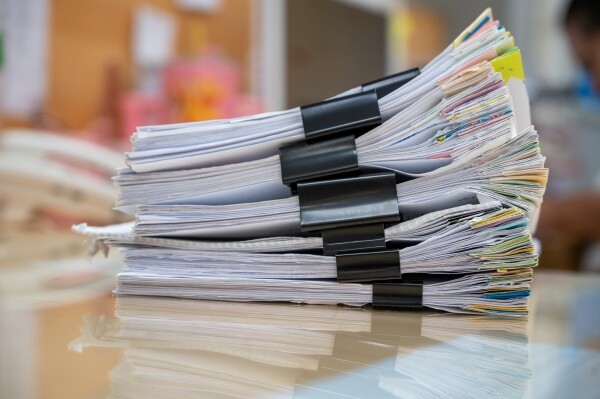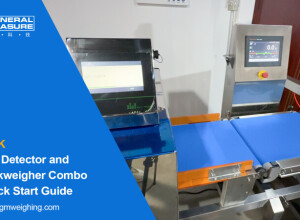Stevens Traceability Systems (United Kingdom) - “The aim is to increase transparency and accountability.”
That’s what the government said about plans to introduce rules for businesses in the UK to demonstrate how they will reach Net Zero. It’s clear this move reflects a growing consensus that businesses need to improve sustainability. More important is the fact that consumers are becoming the ones holding businesses accountable for doing this.
With increasing concern around the state of the planet, consumers are becoming more conscious of the impact of their buying habits – with sustainability now a key factor in the decision-making process. Changes to these buying habits can vary, from changing their diet or looking for more responsible sources of food, to looking for products made from renewable materials or a company that takes on social and environmental responsibility right to the top. In any case, businesses need to look to make sustainability a key pillar of their model moving forward to satisfy consumers and regulatory bodies alike.
Key areas where a business should look to improve their sustainability is in the day-to-day running of their administrative and production processes. Changes to these processes can have a great impact on reducing a business’ long-term environmental impact. Implementing a Stevens Traceability System in your business operations will not only give you the tools to improve product quality and increase long-term savings – but it does so in a way that greatly improves your business’ sustainability.
88% of consumers will be more loyal to a company that supports environmental issues!
How Can A Business Improve Sustainability?
Eliminating Paper:
Paper has been and still is an integral part of many working environments. There is, however, a large amount of energy and materials used in the production and distribution of paper. When the average office worker is thought to use around 10,000 sheets of paper per year, those figures add up. Going further, a perfectly plausible scenario of using 100,000 sheets of paper requires almost 8 trees and almost 2,000kWh of energy – the equivalent of a year’s worth of energy for a household – and that’s in production alone!
Reducing the amount of paper you use throughout your business can greatly improve your environmental footprint. Our traceability systems are designed to eliminate paper from your production and administrative processes, with digital data processing from goods-in right through to dispatch and waste management. With digital reports available at every stage including quality assurance and personnel checks, a Stevens System can eliminate your reliance on paper and put you in the best position to then evidence the steps your business is taking to improve and maintain sustainability.
Reducing Waste:
Like paper in a way, waste has been an ever-present for producers and manufacturers as either a by-product of production itself, or as a result of spoiled or damaged batches. Whatever its cause, waste has a damaging impact on the environment when generated in large quantities. It’s thought that UK businesses generate just over 41 million tonnes of commercial and industrial waste every year. With this in mind, it’s important that businesses look to reduce the amount of waste they generate to improve their own environmental impact.
Good ways to reduce the waste in your business include effective stock management and accurate measuring of the materials you use. Mismanagement of stock, for example, will likely result in excess ingredients or materials that are past expiry and need throwing. Similarly, inaccurate measuring of ingredients in recipes will result in spoiled batches that cannot be shipped and therefore put to waste. Using an accurate, electronic weighing scale will provide the necessary accuracy to ensure consistency in your produce and massively reduce the risk of wasted batches. On a longer term basis, implementing a robust stock management system – like that included in our traceability systems – will help you optimise your usage of stock and reduce excess stock on-site.
The points above are just two key ways to improve your businesses sustainability through production, but making these changes to your day-to-day processes can have a hugely beneficial impact on your overall carbon footprint moving forward.
If you’re looking to implement changes like these to reduce your environmental impact, why not learn more about our traceability systems to see how they can help you do that. These systems enable you to take the steps above, and provide you the insight to identify opportunities for further and continuous improve – with digital reports available throughout for clear evidencing.





























Interested? Submit your enquiry using the form below:
Only available for registered users. Sign In to your account or register here.